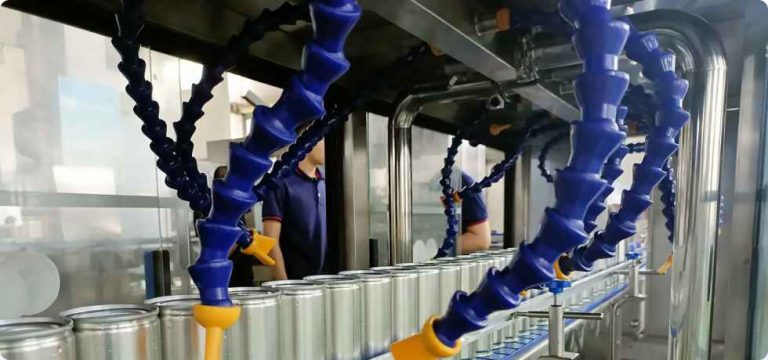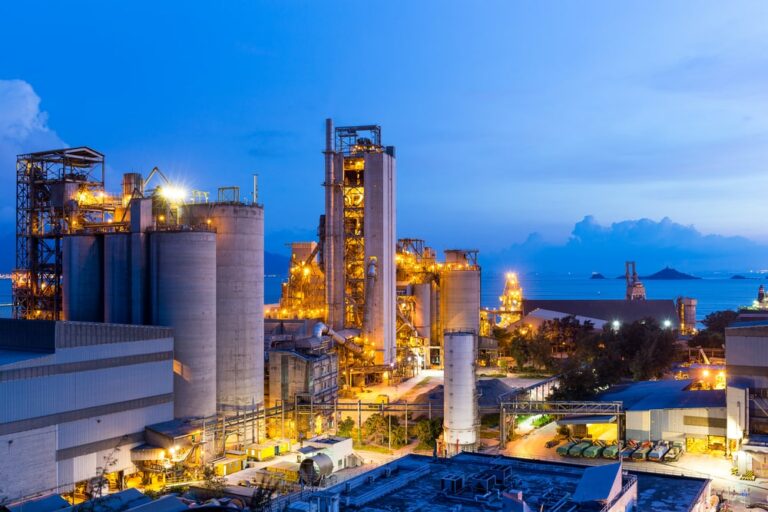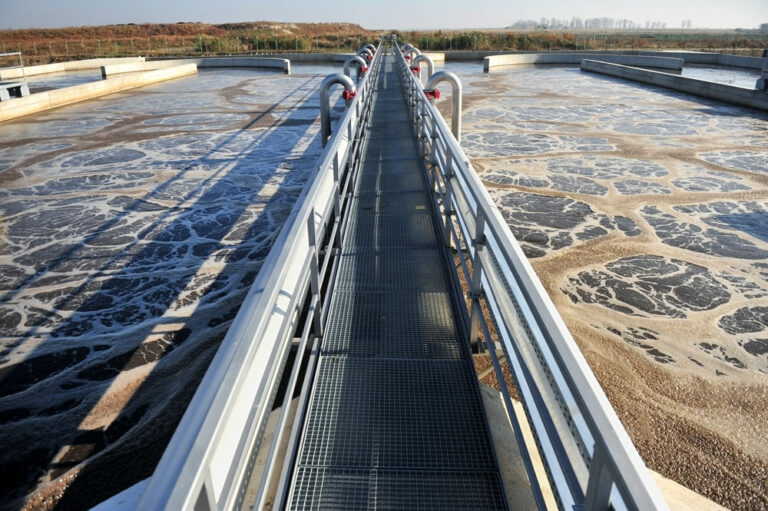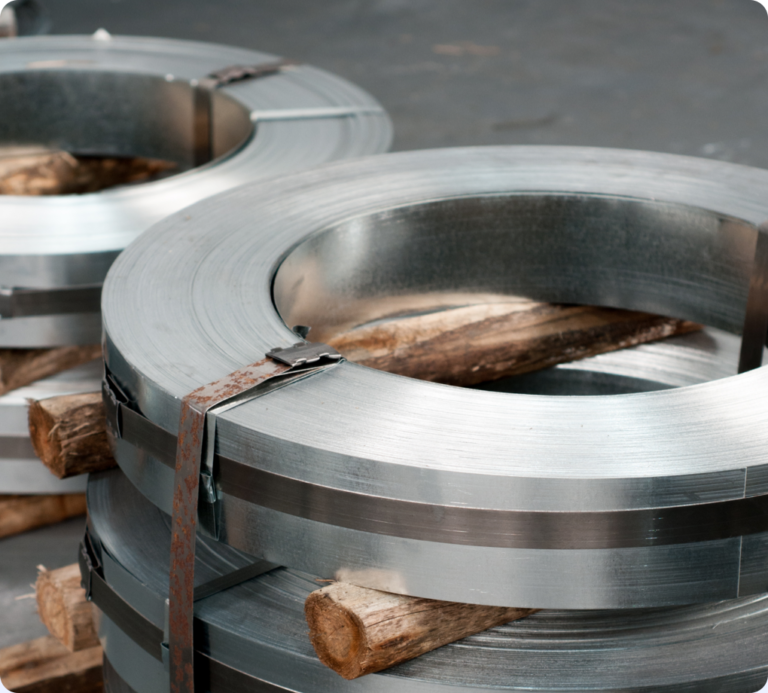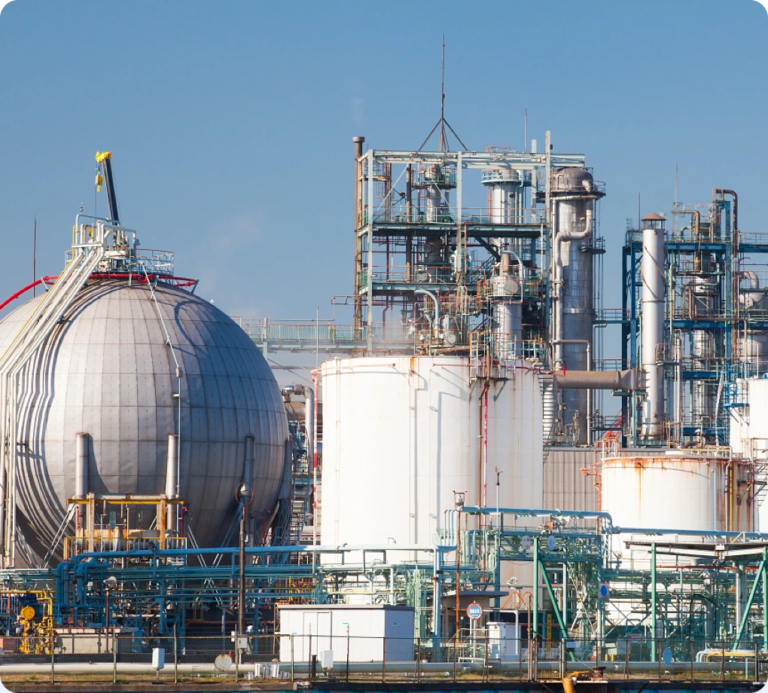Many end user is confused why the blower technology is upgraded to turbo blower? Comparing with traditional roots blower,single-stage and multistage centrifugal blower,RAETTS centrifugal air suspension blower and maglev turbo blower has simple structure:they don’t need coupling connection and oil-lubrication.The daily maintenance of turbo air blower only need to change the dust filter.The main parts of the turbo blower is including high speed permanent magnet synchronous motor(efficiency is about 97%),ternary flow impeller(Variable efficiency up to 87%),suspension bearing(air foil bearing or maglev bearing),VFD, and PLC control system.The traditional industrial air blowers normally use three-phase asynchronous motor(efficiency is about 88%),lobe impeller(efficiency is about 60%),ball bearing,belt or coupling connection.Since the air turbo blowers don’t need belt or coupling for connection,so there is not energy lost during transmission.The efficiency of the turbo blower is about 76% while the roots air blower efficiency is about 40% and multistage air blower efficiency is about 50%.The total energy saving of centrifugal turbo blower is about 25%-30%,comparing with traditional roots blower or other type centrifugal blower.

| Product name | air blower for wastewater treatment plant |
| Keyword | Centrifugal Blowers for Chemical industry,centrifugal air suspension blower,industrial blower for fermentation industry,air blower for Textile industry,industrial aeration blowers |
| Place of Origin | China |
| Feature | RAETTS air bearing turbo blower is a brand-new concept blower, which integrates the main core technologies such as “air suspension bearing”, “permanent magnet ultra-high-speed motor”, “high-precision aviation-grade impeller”, and creates a new era of ultra-high efficiency ,low noise and low energy consumption. |
| Dimensions | 792mm*770mm*761mm, (Contact us for specific information to confirm) |
| Applicable Industries | sewage treatment, etc. |
| Weight | 328kg |
| delivery date | the common delivery time will be 30-40 days. |
| terms of paymen | RAETTS accept payment by T/T(30% advance payment,70% before shipment) |
| Life span | 14 years (Contact us for specific information to confirm) |
| After-sale service | RAETTS warranty time for air bearing blower and maglev turbo blower is 24months,for high speed centrifugal blower is 12 months. |
| Advantage | We keep good quality and competitive price to ensure our customers benefit |
| Packing | 847x880x867mm(Contact us for specific information to confirm) |
| OEM/ODM | Customization Service Provided |
| Sales country | All over the world for example:Faroe Islands,Norway,Kyrgyzstan,Bangladesh,Iceland,Slovenia,Sierra Leone |
| MOQ | 8pcs(Contact us for specific information to confirm) |
| production capacity | production capacity RAETTS production quantity for air bearing blower and maglev turbo blower is about 200pcs/month,for high speed centrifugal blower is about 700pcs/month. |
| raw materials | RAETTS air blower impeller in made of aluminum alloy,enclosure material is carbon steel,rotor material is cast iron.If customers need other special materials,we can also customized according to customers requirements |
| technology | RAETTS air bearing blower technology is originated from South Korea and maglev turbo blower technology is originated from Germany.RAETTS also have R&D team from Xi’an Jiaotong University |
| quality system | RAETTS has quality management system certificate ISO9001:2015 and enviromental management system certificate ISO14001:2015 |

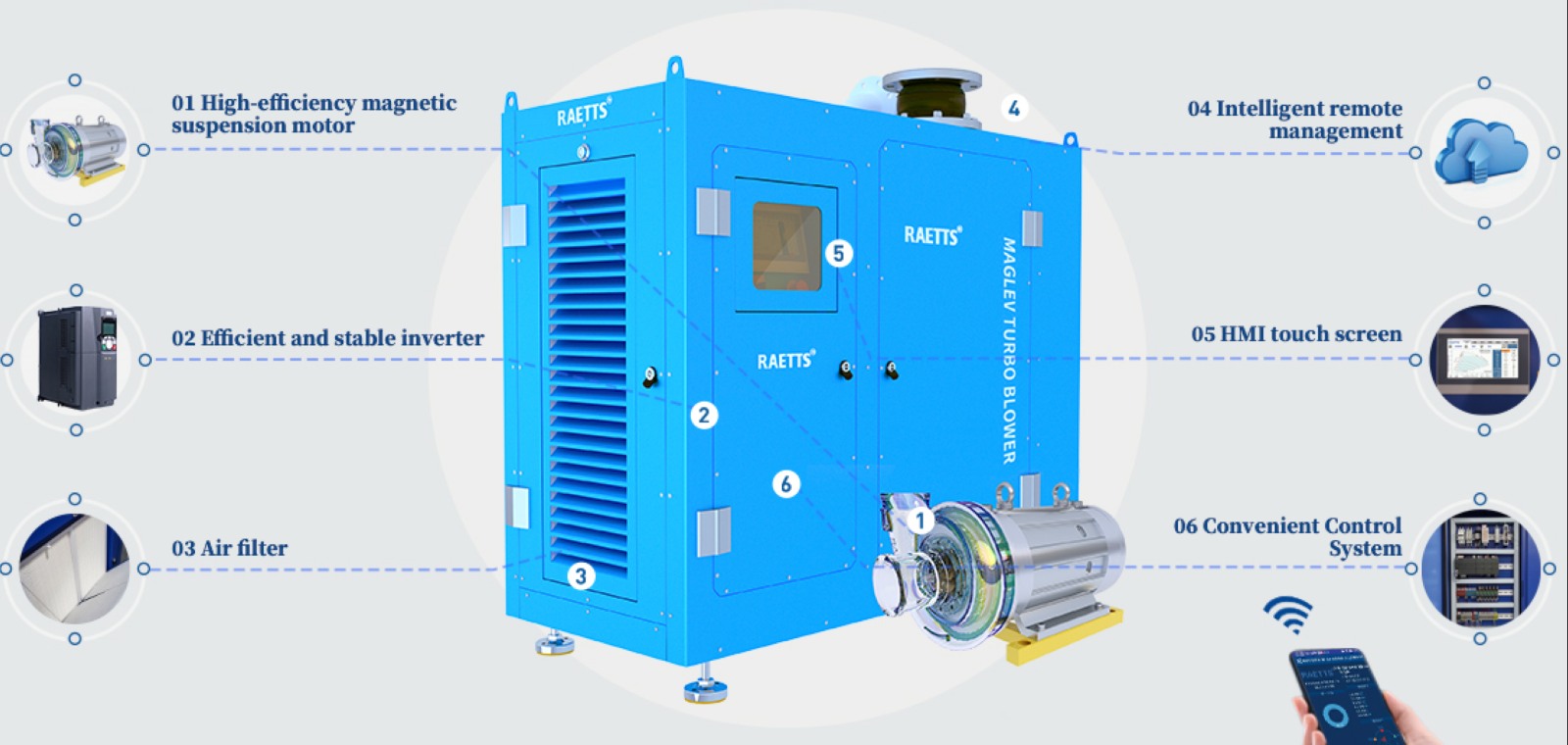
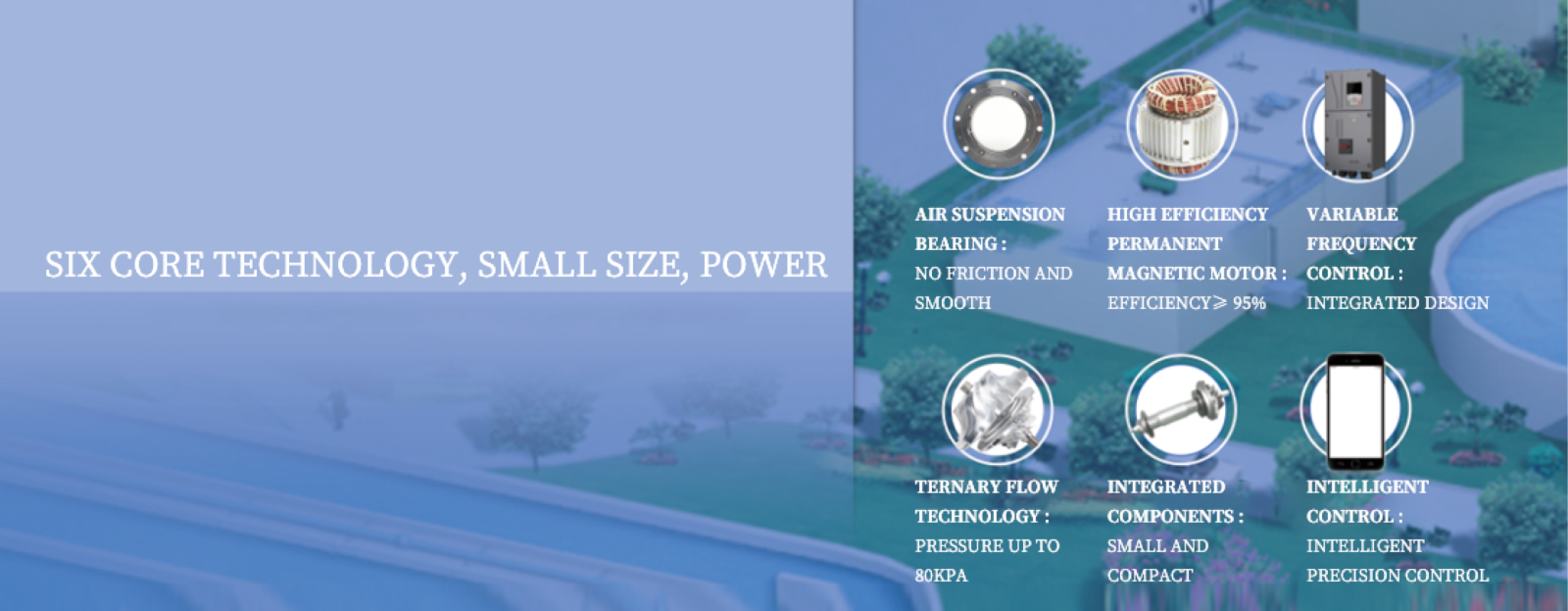
air blower for wastewater treatment plant services FAQs Guide
Are you looking for a quick review guide about air blower for wastewater treatment plantservices?
An ultimate FAQ buying guide is available to help you.This guide contains all the information about all the important facts, figures, and various processes regarding air blower for wastewater treatment plant services.
Let’s continue!
2.About the development history of air blower for wastewater treatment plant factory
3.About air blower for wastewater treatment plant inventory
4.About air blower for wastewater treatment plant raw materials
5.How Does a Turbo Blower Ensure Oil-Free Operation?
6.How Does a Turbo Blower Improve Overall System Performance?
7.What is the Overall Efficiency Rating of a Turbo Blower?
8.Why Should I Choose a Turbo Blower for My Industrial Operation?
9.About air blower for wastewater treatment plant production capacity
10.Are There Environmental Benefits to Using a Turbo Blower?
11.About air blower for wastewater treatment plant production management system
1.Can a Turbo Blower Handle Abrasive or Corrosive Gases?
We have established a good reputation and reliable partnerships within the air blower for wastewater treatment plant industry.
It depends on the specific design and materials used in the turbo blower. Some turbo blowers are designed to handle abrasive or corrosive gases, while others may not be suitable for these types of gases. It is important to consult the manufacturer’s specifications and recommendations before using a turbo blower with abrasive or corrosive gases. Additionally, regular maintenance and proper cleaning may be necessary to ensure the longevity and performance of the turbo blower when handling these types of gases.
2.About the development history of air blower for wastewater treatment plant factory
RAETTS was set up in the year of 2011,the first product is super series high speed centrifugal blower(belt-drive type).The second product is developed in 2014,it is the direct-drive type high speed centrifugal blower,higher efficiency than belt-drive type.Both of this two blowers are used as the air source of the air knife drying systems.The air bearing blower was developed in 2018 and maglev turbo blower was developed in 2019.In 2020,we developed turbo compressor,which is to meet different applications which need higher pressure.
3.About air blower for wastewater treatment plant inventory
For air bearing blower and maglev turbo blower,RAETTS doesn’t make stock,only produce air blower according to customers order(since different application site may need different designs).For high speed centrifugal blower,RAETTS makes stock.
4.About air blower for wastewater treatment plant raw materials
RAETTS air blower impeller in made of aluminum alloy,enclosure material is carbon steel,rotor material is cast iron.If customers need other special materials,we can also customized according to customers requirements.
5.How Does a Turbo Blower Ensure Oil-Free Operation?
We pay attention to user experience and product quality, and provide the best product quality and lowest production cost for cooperative customers.
A turbo blower ensures oil-free operation through its design and construction, as well as through the use of specialized components and systems.
1. Oil-Free Design: Turbo blowers are designed to operate without the need for oil lubrication. This means that all the moving parts, such as the impeller and bearings, are designed to function without the use of oil. This eliminates the risk of oil contamination in the air stream.
2. Magnetic Bearings: Turbo blowers use magnetic bearings instead of traditional oil-lubricated bearings. These bearings use magnetic fields to levitate and support the rotating shaft, eliminating the need for oil lubrication. This also reduces friction and wear, resulting in longer service life and improved efficiency.
3. Air Cooling: Turbo blowers use air cooling instead of oil cooling. This means that the blower is cooled by the surrounding air, rather than by circulating oil. This eliminates the risk of oil leaks and contamination.
4. Sealed Enclosure: Turbo blowers are enclosed in a sealed housing, which prevents any oil from escaping into the air stream. This ensures that the air being delivered is completely oil-free.
5. Oil-Free Seals: The seals used in turbo blowers are specially designed to be oil-free. This prevents any oil from leaking into the air stream and ensures that the air being delivered is completely oil-free.
6. Oil-Free Filtration: Turbo blowers use specialized oil-free filtration systems to remove any oil or contaminants from the air stream. This ensures that the air being delivered is clean and oil-free.
Overall, the combination of these design features and specialized components ensures that a turbo blower operates without the need for oil lubrication, resulting in completely oil-free operation. This is essential for applications where oil contamination is not acceptable, such as in food and beverage production, pharmaceutical manufacturing, and electronics production.
6.How Does a Turbo Blower Improve Overall System Performance?
We have a wide range of air blower for wastewater treatment plant customer groups and establishes long -term cooperative relationships with partners. The countries we provide services include Faroe Islands,Norway,Kyrgyzstan,Bangladesh,Iceland,Slovenia,Sierra Leone.
A turbo blower is a type of centrifugal blower that uses a high-speed impeller to generate air flow. It is commonly used in industrial and municipal applications for a variety of purposes, including aeration, ventilation, and pneumatic conveying.
One of the main ways that a turbo blower improves overall system performance is by providing a higher flow rate and pressure compared to traditional blowers. This is due to the high-speed impeller, which can rotate at speeds of up to 50,000 RPM, creating a more powerful and efficient air flow.
Additionally, turbo blowers are designed to be more energy-efficient than traditional blowers. They use advanced technologies such as variable frequency drives (VFDs) and magnetic bearings to reduce energy consumption and operating costs. This not only saves money but also reduces the carbon footprint of the system.
Another advantage of turbo blowers is their compact size and lightweight design. This makes them easier to install and requires less space, which is especially beneficial in applications where space is limited. The compact design also allows for easier maintenance and reduces the need for frequent repairs.
Furthermore, turbo blowers are known for their quiet operation. The high-speed impeller and advanced technologies used in turbo blowers result in lower noise levels compared to traditional blowers. This is particularly important in applications where noise pollution is a concern.
Overall, the improved performance of a turbo blower translates into better system efficiency, lower operating costs, and reduced environmental impact. This makes it a popular choice for a wide range of industrial and municipal applications.
7.What is the Overall Efficiency Rating of a Turbo Blower?
We are a new air blower for wastewater treatment plant manufacturer.
The overall efficiency rating of a turbo blower can vary depending on the specific model and manufacturer. However, on average, turbo blowers have an overall efficiency rating of around 70-80%. This means that for every 100 units of energy input, the turbo blower can produce 70-80 units of output energy. Factors such as design, size, and operating conditions can also affect the efficiency of a turbo blower.
8.Why Should I Choose a Turbo Blower for My Industrial Operation?
We should enjoy a good reputation in the industry, and we can increase the added value of the products of cooperative customers through technological innovation.
1. Energy Efficiency: Turbo blowers are known for their high energy efficiency compared to traditional blowers. They use less energy to produce the same amount of air flow, resulting in lower operating costs and reduced energy consumption.
2. Compact Design: Turbo blowers have a compact design, making them ideal for industrial operations with limited space. They can be installed in tight spaces and still provide high air flow rates.
3. Low Maintenance: Turbo blowers have fewer moving parts compared to traditional blowers, resulting in lower maintenance requirements and costs. This also means less downtime for maintenance, resulting in increased productivity.
4. Variable Speed Control: Turbo blowers have variable speed control, allowing for precise control of air flow and pressure. This makes them suitable for a wide range of industrial applications.
5. Quiet Operation: Turbo blowers operate at a lower noise level compared to traditional blowers, making them ideal for industrial operations where noise levels need to be kept to a minimum.
6. Durability: Turbo blowers are designed to be durable and long-lasting, with minimal wear and tear on the components. This results in a longer lifespan and reduced replacement costs.
7. Environmental Benefits: Turbo blowers are environmentally friendly, as they produce less noise and vibration, and have lower energy consumption. This makes them a more sustainable option for industrial operations.
8. Easy Installation: Turbo blowers are easy to install and can be up and running in a short amount of time. This reduces installation costs and downtime for the operation.
9. High Air Flow Rates: Turbo blowers are capable of producing high air flow rates, making them suitable for a wide range of industrial applications that require high volumes of air.
10. Customizable Options: Turbo blowers can be customized to meet the specific needs of an industrial operation. This includes options for different air flow rates, pressure levels, and control systems.
9.About air blower for wastewater treatment plant production capacity
RAETTS production quantity for air bearing blower and maglev turbo blower is about 200pcs/month,for high speed centrifugal blower is about 700pcs/month.
10.Are There Environmental Benefits to Using a Turbo Blower?
Our mission is to provide customers with the best solutions for air blower for wastewater treatment plant.
Yes, there are several environmental benefits to using a turbo blower:
1. Energy Efficiency: Turbo blowers are more energy efficient compared to traditional blowers, which means they consume less energy to produce the same amount of air flow. This results in lower energy consumption and reduced carbon emissions.
2. Reduced Noise Pollution: Turbo blowers are designed to operate at lower noise levels compared to traditional blowers. This helps to reduce noise pollution in the surrounding environment, making them ideal for use in residential areas or noise-sensitive locations.
3. Lower Maintenance Requirements: Turbo blowers have fewer moving parts compared to traditional blowers, which means they require less maintenance and have a longer lifespan. This reduces the need for frequent replacements and disposal of old equipment, resulting in less waste and environmental impact.
4. Reduced Carbon Footprint: As turbo blowers are more energy efficient, they help to reduce the carbon footprint of the facility where they are used. This is beneficial for the environment as it helps to mitigate the effects of climate change.
5. Improved Air Quality: Turbo blowers are designed to provide a consistent and clean air flow, which helps to improve the air quality in the surrounding environment. This is especially important in industrial settings where air pollution can be a major concern.
6. Reduced Water Usage: Some turbo blowers are designed to use water as a lubricant, which reduces the need for oil or other lubricants. This helps to conserve water resources and reduce the risk of water pollution.
Overall, using a turbo blower can have a positive impact on the environment by reducing energy consumption, noise pollution, carbon emissions, and water usage, while also improving air quality and reducing maintenance requirements.
11.About air blower for wastewater treatment plant production management system
RAETTS use 6S system to manage the production,we also have enviromental management system certificate ISO14001:2015 and occupational health and safety management ISO45001:2018
Tag:Air suspension centrifugal blower,Turbo Blowers for Paper & Pulp,Sewage Treatment Plant Blower,Blower Systems Suppliers,roots turbo blower,Desulfurization blower,aeration blower for sewage treatment plant

